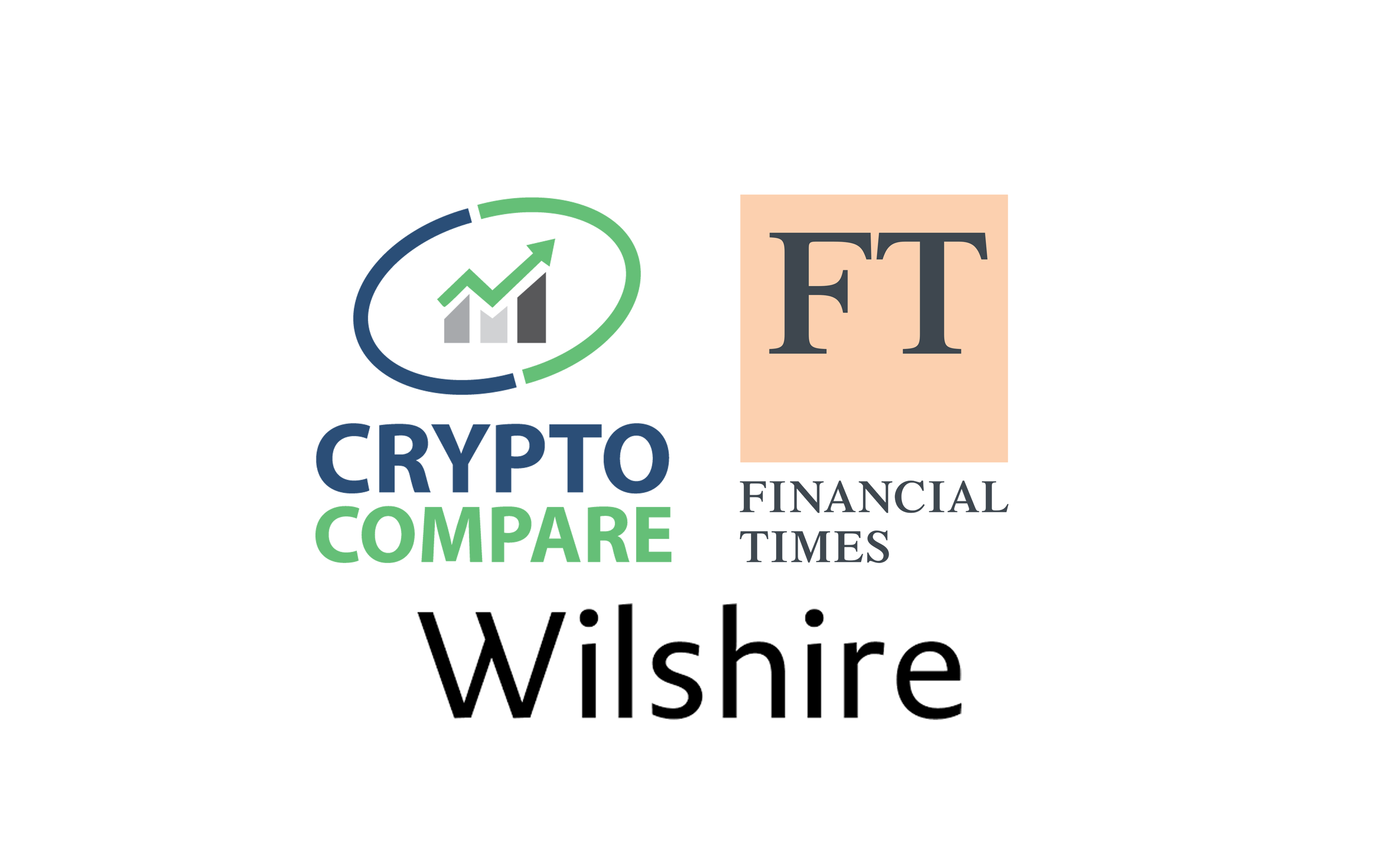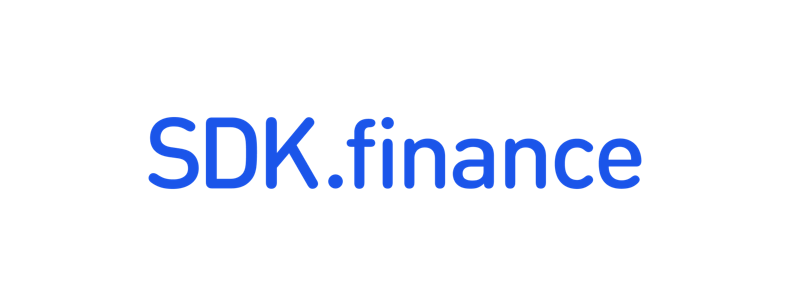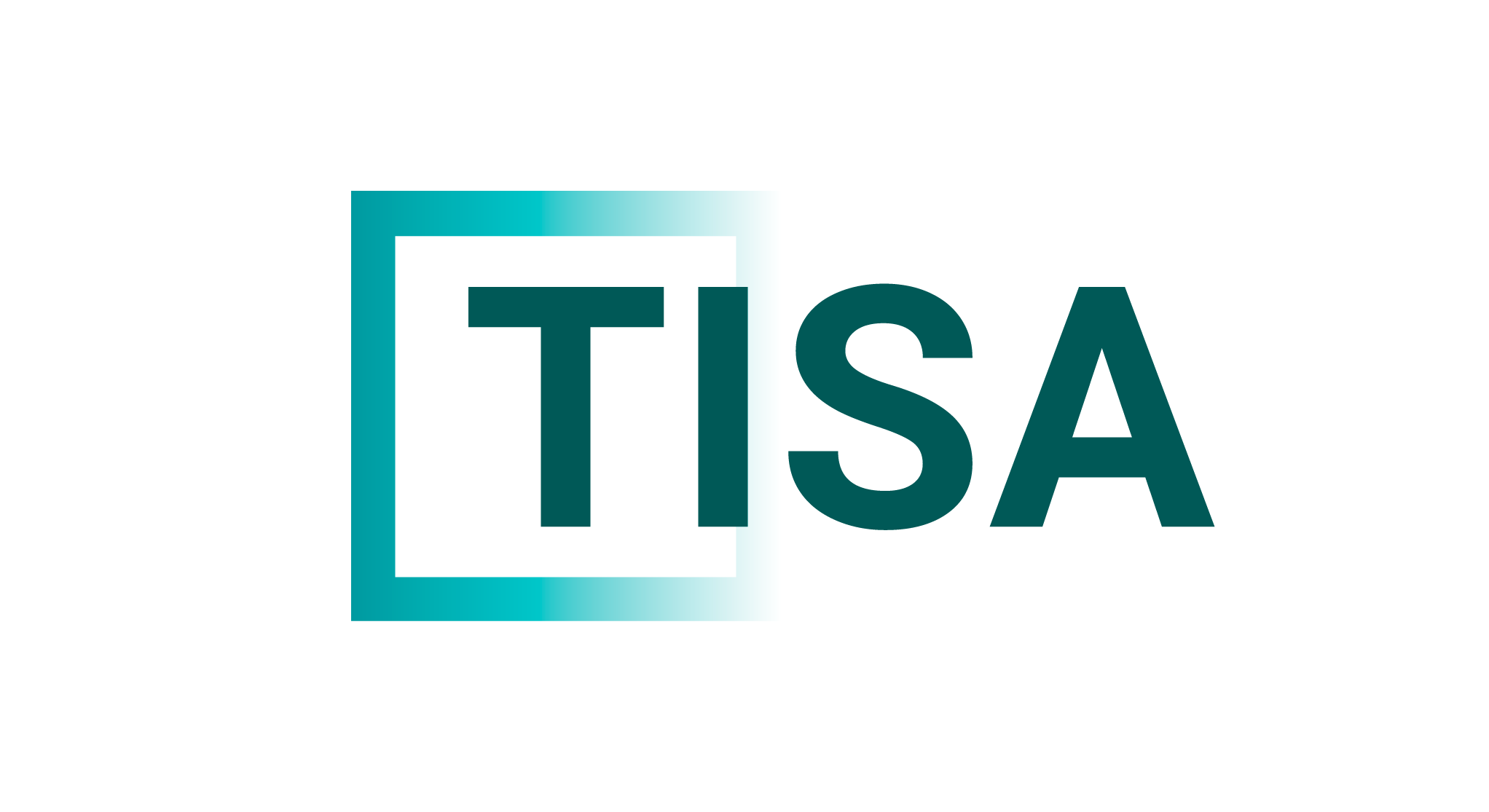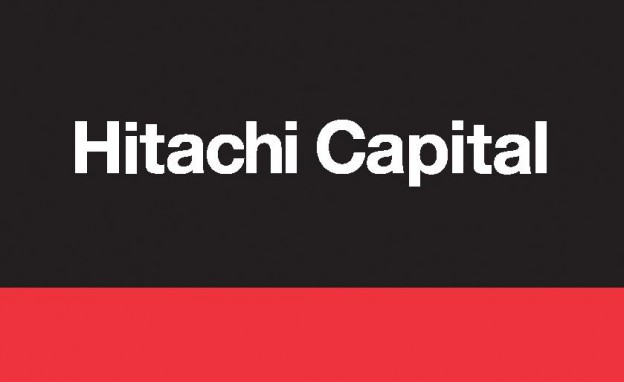Published
- 04:00 am

- Logiq, Inc. (NEO: LGIQ) (OTCQX: LGIQ), a global provider of award-winning e-commerce and fintech solutions, has entered into a preliminary agreement with Novaji Introserve, a value-added IT and financial services company based in Lagos, to provide home delivery and mobile financial services to millions of unbanked and underbanked people in Nigeria.
As a government-licensed value-added services and fintech provider, Novaji would deploy Logiq’s GoLogiq and PayLogiq platforms to offer home delivery services, mobile digital wallet and point of sale, micro-lending, and other mobile fintech products and services.
As part of the first phase of the engagement, Logiq is working with Novaji’s business and technology teams to determine product and feature offerings, as well as the necessary integrations and setup required to support a nationwide deployment. A pilot program is being planned for launch before the end of the year, which would set the stage for a full rollout in 2022.
Through the Central Bank of Nigeria’s National Financial Inclusion Strategy program, the country set a target to ensure 80% of Nigeria’s adult population has access to financial services by the end of the year. However, a majority of Nigerian adults still fall into the categories of underbanked or unbanked, and remain largely excluded from the country’s financial system.
About 56 million or 56% of Nigerian adults remained unbanked, while according to a recent survey, 81 percent now own a mobile phone. This presents mobile financial services as the ideal pathway to bring more of the population into the national financial system.
“Joining forces with Novaji marks our first foray into emerging markets outside of Indonesia,” stated Logiq president, Brent Suen. “Nigeria, with a population of 212 million, is one of the most populous countries in the world, yet most people don’t have bank accounts. This creates a major opportunity for our mobile commerce and fintech platforms that have been especially designed for emerging markets. These field-proven solutions can provide much-needed financial services to tens of millions across the region.”
Logiq’s digital wallet technology enables several types of financial transactions to be conducted easily and securely, including money transfers, ‘buy now, pay later’ options, receiving and repaying loans, accessing insurance, buying airtime and data, and paying bills or merchants—all conveniently on a mobile phone, anytime, anywhere.
Related News
- 03:00 am

The new index series in collaboration with CryptoCompare gives institutional investors broad coverage of the crypto market
Prices are aggregated from top-rated exchanges that meet investment-grade ratings and can be traded 24/7/365
Wilshire, a global investment technology and advisory company, in association with leading global news organisation, the Financial Times (FT), today announced the launch of a new series of digital asset indexes to help investors understand and navigate this fast expanding market better.
Developed with CryptoCompare, a leading global cryptocurrency market data provider, the FT Wilshire indexes combine CryptoCompare’s market standard exchange ratings and Wilshire’s methodology to aggregate the prices of digital assets from an initial seven of the most highly rated crypto exchanges. Requirements of a minimum A rating and overall score of at least 70 over the previous 12 months mean they have robust Know Your Customer (KYC) and Anti-Money Laundering (AML) policies, as well as legal and regulatory compliance and due diligence processes.
The series of indexes will allow institutional investors to more confidently access an asset class that has previously held greater appeal for retail investors with higher risk tolerances. Wilshire’s proprietary methodology will apply to both individual digital assets and indexes covering over 85% of the market capitalization on eligible exchanges. This rigorous and innovative approach offers higher levels of data transparency and establishes a set of credible benchmarks.
Digital assets have experienced rapid growth and flourishing innovation. The market capitalisation of the top five cryptocurrencies is estimated to be $1.4 trillion. Links between crypto and fiat currencies are expanding. Regulators are now stepping up with more standard-setting and greater consumer protections.
By aggregating the prices of these consistently highly rated crypto exchanges, Wilshire can build digital asset index products whose values are derived from genuine price discovery.
As digital assets are traded 24/7, Wilshire is also introducing closing times for different geographical regions, giving jurisdictions the flexibility for end-of-day valuation at hours convenient to their time zone. This can help institutions settle derivative contracts and satisfy regulatory obligations.
Institutional investors, fund managers and banks are keen to explore the potential of digital assets as global regulators and policymakers seek to harmonise and regulate the market.
The new FT Wilshire Digital Asset Index Series is the latest product development under a brand licencing agreement with the FT, first announced earlier this year. The series will initially include 10 single asset indexes and three multi-asset indexes:
• FT Wilshire Bitcoin Blended Price Index
• FT Wilshire Ethereum Blended Price Index
• FT Wilshire Cardano Blended Price Index
• FT Wilshire Dogecoin Blended Price Index
• FT Wilshire Chainlink Blended Price Index
• FT Wilshire Uniswap Protocol Blended Price Index
• FT Wilshire Bitcoin Cash Blended Price Index
• FT Wilshire Polkadot Protocol Blended Price Index
• FT Wilshire Solana Blended Price Index
• FT Wilshire Litecoin Blended Price Index
• FT Wilshire Top 5 Digital Assets
• FT Wilshire Top 5 Digital Assets ex Bitcoin
• FT Wilshire Bitcoin & Ethereum Index
The new indexes, enhanced data and blended prices will be published in real time and feature among the FT’s markets data.
Mark Makepeace, Chief Executive Officer of Wilshire, said: “Our role is to provide the tools and strategy necessary for safe access to new markets for investors. As new digital forms of investment and the adoption of blockchain technologies take shape, the financial services will need help to ensure institutional investors gain safe access and understand the drivers of performance and risk associated with digital assets.”
John Ridding, Chief Executive Officer of The Financial Times, said: “Digital assets are a dynamic and fast moving sector with the potential to have considerable impact on financial services and the investment industry. They are drawing the attention of a wider pool of investors and regulators. There is a need and an opportunity to provide investors and readers with authoritative metrics, news and analysis. As a globally trusted source on market trends and innovations, the FT is supportive of enhanced data that helps readers understand the risks as well as the opportunities and informs their perspectives.”
Charles Hayter, Chief Executive Officer of CryptoCompare, said “We are seeing a substantial and increasing interest in digital assets from institutional investors. Since 2014, we have worked to develop an extensive and reliable suite of market data to offer access and transparency to this rapidly growing asset class. We look forward to working closely with the Financial Times and Wilshire to provide our trusted digital asset data to build these innovative products offering institutional investors new avenues for digital asset exposure.”
Related News
- 09:00 am

AI-powered Verification
As the COVID-19 pandemic continues to plague industries, healthcare agencies are making strides to return society to regular life.
In industries like tourism, a negative COVID-19 test is necessary to book a flight or make hotel reservations, even when travelling within the same country. There are also many different situations when a person needs to have a negative COVID-19 PCR test result.
And this new regulation presents an opportunity for people to falsify their test results. Cases of fake COVID test results pop up in the news worldwide, from Brazil to India and Croatia.
Unfortunately, the available PCR verification tests solutions are insufficient in detecting forgeries. So, there is an urgent need for COVID-19 PCR verification software to spot fake tests.
In this article, we will discuss AI-powered COVID-19 PCR verification solutions and how to check COVID-19 test results with machine learning technologies.
But first, let’s go through some statistical data on fake PCR tests.
Fake COVID-19 PCR test statistics
The use of PCR verification to check COVID-19 results is a “young” technology, which makes it difficult to gather comprehensive data on forgeries.
But through diligent research, we have collected some interesting facts and figures from around the globe, and we’ll share them with you:
Counterfeit PCR tests harm the healthcare and financial sectors. According to an IATA survey, the cost of fake COVID-19 tests ranges from 77 USD in Australia to 90 USD in Japan. You can also get a same-day COVID-19 test in the United States for 100-150 USD.
The UK’s Cabinet Office has also released projections that COVID-related fraud will cost the government around 1.3 billion GBP (2.3 billion USD) and 7.9 billion GBP (2.3 billion USD).
In the same vein, the UK government has also reported that people use fake test results to gain compensation from the NHS. According to the HM Revenue and Customs, 10% of all recipients used falsified coronavirus records.
Reacting to these projections, the Metropolitan Police has boosted COVID test verification services to limit the potential financial losses.
The situation is worse in other parts of Europe. In Croatia, 45 passengers trying to cross the border failed the mandatory RT-PCR report verification — and this was just in one county over a weekend.
As it stands, the city of Detroit, Michigan, witnessed the largest arrest in a fraud case involving fake COVID-19 test results. The Department of Justice estimates that the defendants gained over 11 million USD by providing fake RT-PCR negative verification services.
Furthermore, the FBI warns companies to implement PCR verification techniques to detect and check COVID-19 certificates. Based on the nationwide directive, companies could go bankrupt from coronavirus compensations.
In developing countries of South America and Africa, the state of PCR validation test internal quality control is deplorable. Due to the lack of real-time PCR validation test, tourists can travel with fake corona tests hassle-free.
Fake PCR test and issues that they cause
Let’s check out the negative impacts of fake coronavirus tests:
Threatens public safety
Any time a fake COVID-19 test passes PCR verification, it exposes millions of people to possible infection. Since COVID-19 tests are now essential travel documents, falsifying them means that a sick person risks spreading the virus to unsuspecting people around.
Undermines the efforts of health workers
Since the start of the pandemic, healthcare professionals have been on the frontline, putting in overtime shifts to attend to the sick. With that in mind, every failed COVID PCR verify exposes health workers to the coronavirus and undermines their immaculate sacrifice to combat the spread.
Promotes fraud
Corona test verification is an in-demand service at the moment. As a result, scammers now promote platforms where people can obtain fake COVID-19 tests. Also, PCR verification officials worry about the potential increase in cases of falsified health reports.
Harms the economy
From the UK example mentioned earlier, fake coronavirus tests can cost countries billions of dollars in revenue. The FBI also reported that one US company lost over 170 000 USD due to falsified COVID claims.
How to identify fake COVID-19 test results
COVID-19 test result forgery verification is a very complicated procedure. Sometimes, you can spot forgeries with the naked eye. Other times, you might need advanced technological tools for the validation of COVID-19 test results.
Image forgery detection solution to check fake COVID-19 test
SDK.finance is actively developing an AI-based solution to validate the authenticity of COVID-19 test results.
How does the image forgery detection solution work to check fake COVID-19 test results?
Ask your clients to upload the document for the online verification process (or upload any )
Document scanning and validation process using AI, ML technologies:
- Testing pixels for authenticity. In other words, the solution detects any changes in a pdf/jpg file. This product answers the question “does this file was photoshopped or not
- File metadata checking. Extract metadata recorded behind the files, ranging from file size, data, geolocation and modification history to the software tools used to create them
Get a verdict that confirms the verification attempt as genuine or mark it as fraudulent (fake).
Below you can see the result of the COVID-19 test verification. Artificial intelligence highlighted those areas where changes in pixels were detected. In other words, this COVID-19 test result was ‘photoshopped and is not genuine.
Metadata checking result
Fake PCR test result. Areas where changes in pixels were detected
Final words
The validation of COVID-19 test results is a public health concern currently. Government agencies, law enforcement, and businesses are trying to avoid financial losses from fake COVID tests.
With AI-powered verification tools, we can stem the tide of falsified documents and protect others from the marauding virus.
Related News
- 04:00 am

Introducing Bybit Launchpad
Bybit Launchpad is designed to help connect innovative crypto projects and users who may be interested to gain exposure to promising projects, while protecting users and projects alike. Bybit Launchpad is open to Bybit users who have completed KYC L1, ensuring compliance with local regulatory requirements.
"We at Bybit are constantly inspired and amazed by the intrepid and imaginative experimentation in the crypto space and the talented and committed folks working for a better future of finance," said Ben Zhou, co-founder and CEO of Bybit. "With Bybit Launchpad, we hope to shine a light on promising projects and help bring game-changing innovations to a wider audience."
BIT Coming Soon to Bybit Launchpad
BIT is the native token of BitDAO — one of the world's largest Decentralized Autonomous Organizations (DAOs) that aims to allocate massive financial and talent resources to support DeFi growth. BitDAO is supported by Peter Thiel, Founders Fund, Pantera, Dragonfly, Spartan, Alan Howard, Kain Warwick, SushiSwap, Polygon and more.
Bybit is an initial proponent of BitDAO, and has pledged to contribute 2.5bps of futures trading volume to BitDAO's treasury. The contribution, at 2021 rates, is projected to exceed $1B per year. The BitDAO treasury balance stands at more than $540M as of Sept. 16.
Bybit's listing of BIT will include launch rewards and free giveaways for participants. Timing and procedural updates on the BIT listing and airdrop will be updated on the Bybit blog.
Related News

David Murphy
Head of Financial Services at EMEA & APAC at digital transformation consultancy
“What will be critical for JP Morgan is to rapidly introduce products that can take share in the market. Starting from cloud first, they clearly have the capability. see more
- 09:00 am

Capital.com, the high-growth European trading and investing platform leading the UK leveraged trading industry in overall client satisfaction has today announced an integration with global payments platform PayPal.
The integration will enable PayPal users in the UK and the European Union alternative ways to deposit and withdraw funds to and from their Capital.com accounts. Capital.com already supports clients who want to make withdrawals using their debit or credit cards, in addition to wire transfers and various alternative payment methods including Sofort, iDeal, Giropay, Multibanko, Przelewy24, ApplePay, Trustly, and 2c2p.
With the addition of PayPal, clients can make deposits and withdrawals in Euros, British Pounds, and US Dollars allowing them to easily trade derivatives of over 3000 popular markets. The PayPal integration affirms Capital.com’s commitment to make trading simple, secure and accessible to everyone.
Jonathan Squires, Group CEO of Capital.com, said:
“We are delighted to be able to offer our clients a greater choice of payment methods. PayPal is a popular and trusted payment platform in Europe and the UK and its integration enables our clients to deposit funds with ease and convenience. As a pioneer of new age payment instruments through its One Touch checkout feature, the integration of PayPal will allow our clients to transact with Capital.com literally with one click.”
To further affirm its commitment to help people trade and invest easily and securely, Capital.com also provides a wide range of educational support resources on its platform, at no extra cost.
“With a focus on providing education and collaborating with trusted partners such as PayPal, we aim to make trading and investing simple, safe and secure for both new and experienced traders,” added Squires.
Capital.com offers clients a convenient educational app that they can use on the go. Investmate is an all-in-one app to learn finance. It provides clients with a rich and free toolkit that includes varied learning materials, 30+ courses including short lessons that take as little as 3 minutes to complete. The Capital.com platform is also fitted with a demo site, regular news feed, as well as more than 5,000 pages of intelligent financial content and analysis available on its website and through its YouTube trading channel, Capital.com TV.
Capital.com has seen rapid growth in recent months. In the first half of 2021, the platform reported a 400 per cent lift in new clients compared to H2 2020. Over the same period, it saw a global pick-up in trading activity, with total client trading volumes across all markets growing by more than 184 per cent. These results reflect Capital.com’s growing reputation as a platform of choice among retail traders globally.
Related News
- 01:00 am

- A sizeable proportion of UK consumers (46%) have low confidence in making investment decisions.
- Women are significantly more likely to feel “overwhelmed by the range of financial options available” (62% of females agreeing with this statement vs 47% of males). Compared to men, women said they are significantly more likely to “struggle to know where to start” when it comes to making investment decisions (24% for females vs 16% for males).
- Age is also a significant factor with the research pointing to an “under-50 confidence gap” affecting millennials and Gen Z. Savers younger than fifty were found to be significantly more likely to agree that they feel “overwhelmed by the range of financial options available” (63% for people younger than 50 vs 44% who are over 50).
New research published today by TISA, the cross-industry financial services membership body, and EY Seren reveals a significant ‘confidence gap’ affecting consumers’ ability to make long-term savings and investment decisions. The research points to women and consumers under the age of 50 being the most dramatically affected. If the industry and the regulator overlook these differences, women and those under 50 are at risk of being left behind. Ensuring that UK adult cohorts can have confidence in making financial decisions is vital in securing an equitable and financial future for UK consumers.
46% of UK consumers surveyed indicated they do not have the confidence to make investment decisions. 19% said the same about making savings decisions.
The top drivers for lack of confidence in making savings and investment decisions were: 1) risk of losing money; 2) finding it too complex and confusing; 3) consumers feeling they had; 4) not knowing enough about the options.
Women are more likely to be overwhelmed by the range of options available. 24% of women gave a lower confidence rating for savings, compared to 14% of men, and 56% of women gave a lower confidence rating for investments compared to 36% of men.
Age is also a key factor, with consumers younger than fifty significantly more likely to agree that they feel “overwhelmed by the range of financial options available” (63% vs. 44% who are 50+) and that “their life is so busy they haven’t had a chance to effectively organise their finances” (47% vs. 19% who are 50+). Millennials (those aged 25-34) are also significantly more likely to feel “embarrassed by their lack of knowledge” (28%) compared to the overall sample, compounding the “under-50 confidence gap”.
Interviews amongst consumers revealed feelings of ‘powerlessness’ and challenges in making financial decisions. Some participants feel unable to improve their financial situation without making changes to aspects of their life not always within reach, for example, raising their salary.
Many feel helpless and fatigued by the overwhelming amount of information and options available after researching savings and investments resources. This led to ‘analysis paralysis’ and inaction, with participants choosing to prioritise shorter-term financial goals, focusing on 'one thing at a time'. This has an impact on long-term savings and investments, including pensions.
TISA is leading industry efforts, working alongside the FCA, to seek amendments to Advice regulations to allow pension and investment firms to provide consumers more personalised guidance support services to help them choose investment products. Under existing regulations, firms are heavily restricted in the way they can personalise support. It’s this level of personalisation that TISA believes is crucial to ensure all cohorts of the UK’s adult population can be catered for effectively, in supporting them to make their important saving and investment decisions.
The full research is available here: https://www.tisa.uk.com/wp-content/uploads/2021/09/TISA-research-report.pdf
Related News

Clifford Bennett
Chief Economist at ACY
STOCK SLIDE JUST STARTING. Stocks are precarious and can crumble to the downside far more significantly than we have so far seen, is what we said all last week. see more
- 05:00 am

- Investing in new technology has helped more than two fifths of small businesses (43%) to introduce efficient home-working for staff and 38% said that they were now able to provide faster and better customer service.
- Improved tech capabilities also helped 37% of business owners to cut down travel time to-and-from meetings, to achieve greater productivity (32%) as well as providing a smarter and safer way to store and manage sensitive information (24%).
- Almost, one in four respondents (23%) said that updated tech had made the company more environmentally friendly, whereas one fifth of decision makers believed tech had reduced the amount of time spent in meetings (20%).
- Technology had also been widely used to help small businesses to better manage their cashflow and costs. Overall, 27% of respondents had used technology tools to reduce overheads, 19% had saved money on the cost of new business, and 17% had been able to reduce staff costs. The introduction of new tech also better enabled small businesses to compete with other organisations on price (13%).
Related News

Michael Moran
Michael Moran - Senior Currency Strategist at The Dollar Index
Risk-Off in Asia on China Evergrande, Weak Resources see more









